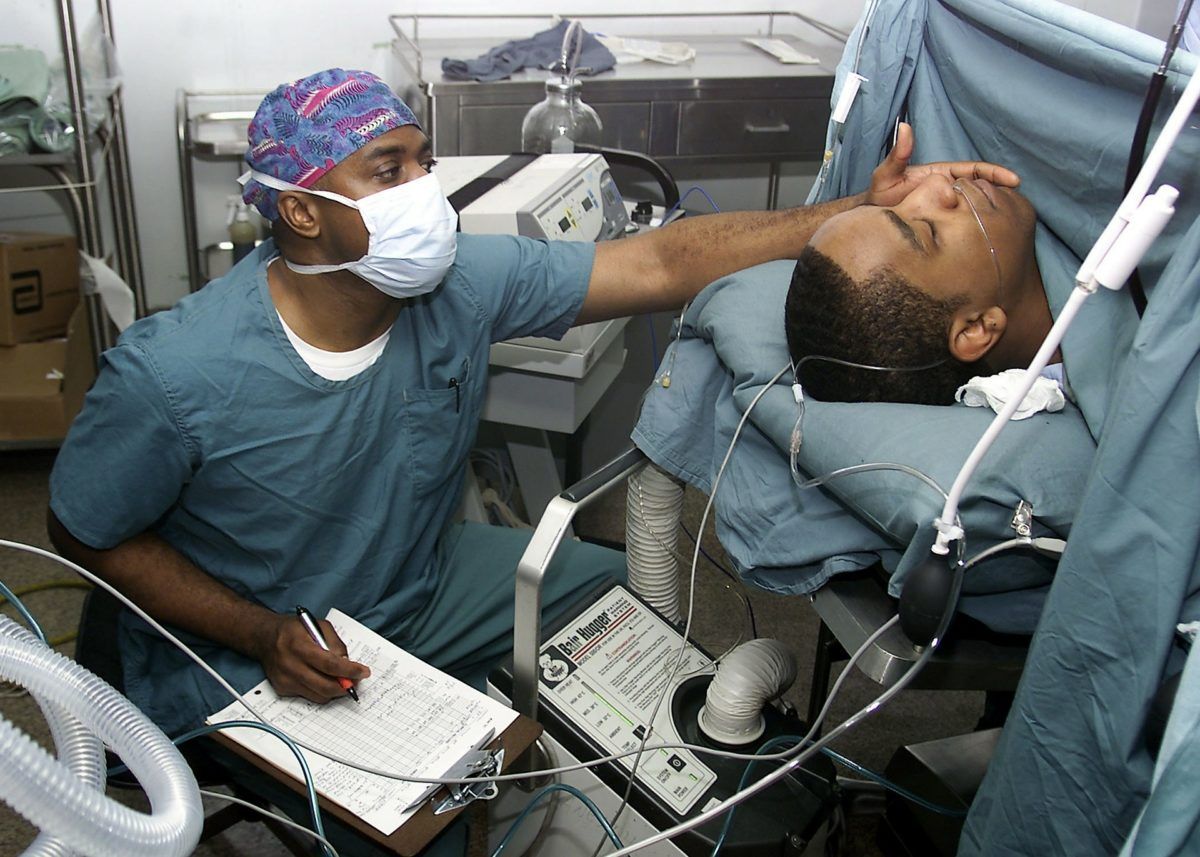New study explores unique approach to treat a rare liver disease
A UK research study looking into a new approach to treat primary sclerosing cholangitis (PSC), a rare disease where the body’s immune attacks its own liver, has been given the green light thanks to vital funding from LifeArc and the patient-led organisation PSC Support.
The FARGO trial, led by Dr Palak Trivedi at the University of Birmingham, will find out if a new treatment can slow PSC progression and improve quality of life for patients.
What is PSC?
PSC is a rare liver disease which affects around 3,600 people in the UK. People can develop the condition at any age, but most commonly those under the age of 40.
In PSC, the body’s immune system attacks the liver, causing inflammation and scarring of the bile ducts. This causes bile to stop flowing properly, and patients experience repeated infections, develop liver failure and, in some cases, cancer. In four out of five people, the body’s immune system will also attack the bowel, leading to inflammatory bowel disease (IBD) as well as liver disease. The combination of PSC and IBD can lead to around a third of all patients developing bowel cancer and patients require a colonoscopy every year to screen for it.
Currently, doctors treat PSC by managing symptoms only. We don’t fully understand what causes PSC, and there is no cure. A liver transplant is the only life-saving treatment. Although a very rare disease, PSC accounts for 1 in 10 of all liver transplants in the UK and is now the leading reason for liver transplantation in several European countries.
While it is life saving, liver transplantation is also risky and costly to the NHS. People who have had a transplant must take a cocktail of drugs to prevent their new liver being rejected. PSC can still return in around a third of people who have had a liver transplant.
Imbalance of gut microorganisms – and a new approach
We know that the microbes present in the gut of people with PSC are different to those in people without liver and bowel inflammation. This gut microbe imbalance is linked with many abnormal immune functions, which may drive development of the condition.
In the FARGO study, the research team will find out if taking stools containing natural microbes from the gut of healthy donors, refining it in a lab, and transferring it to the bowel of people with PSC, could reverse the imbalance of gut microorganisms. This treatment is called faecal microbiota transplantation, or FMT. Early research has also shown that it can treat IBD.
Bespoke clinical trial
The Birmingham team, together with teams at the Royal Free London, St Mark’s Hospital, Imperial College London, and Norfolk and Norwich University Hospitals NHS Foundation Trust, will carry out a clinical trial to test this new treatment approach. People with PSC taking part in the study will receive either FMT once a week for eight weeks, or placebo (an inactive FMT equivalent). Each group will continue to receive their usual routine standard of care for their IBD.
The teams will observe both groups for another 40 weeks. The team will then measure how successful the treatment has been in improving liver blood tests, reduce scarring of the liver, lessen the severity of their IBD, and improving symptoms and quality of life.
Dr Palak, who is leading the trial at the NIHR Birmingham Biomedical Research Centre, said: “I am delighted that LifeArc has chosen to support such a novel, bespoke and distinctive clinical trial, and to enable us to the necessary ground work needed to better understand how PSC develops and progresses.
“This study will really help us to understand which gut microbes are most important, and how this potential treatment could be scaled up to treat more people.
“Our study will lay the foundation for future work on a larger scale, with a view to making FMT available across the world.
“Should our trial show that FMT works well, PSC Support will be advocating for patients to access FMT as early as possible. We hope this means it will be making a difference to patients within five years after we’ve completed this work.”
LifeArc’s Dr Catriona Crombie said: “Our approach to funding is to work with others, to uncover the potential of promising research that could solve complex healthcare problems that patients face.”
She continued: “We’re delighted to be jointly funding this project with PSC Support, where Dr Trivedi’s team aim to reveal more information about PSC and help to translate this experimental treatment, from lab idea towards the clinic, where it could offer hope to patients with PSC.”
Martine Walmsley, Chair of Trustees at PSC Support, said: “Although we welcome clinical trials that test brand new drugs for PSC, progress is painfully slow. People with PSC don’t have the luxury of time and we must look at quicker medicine development routes.”





